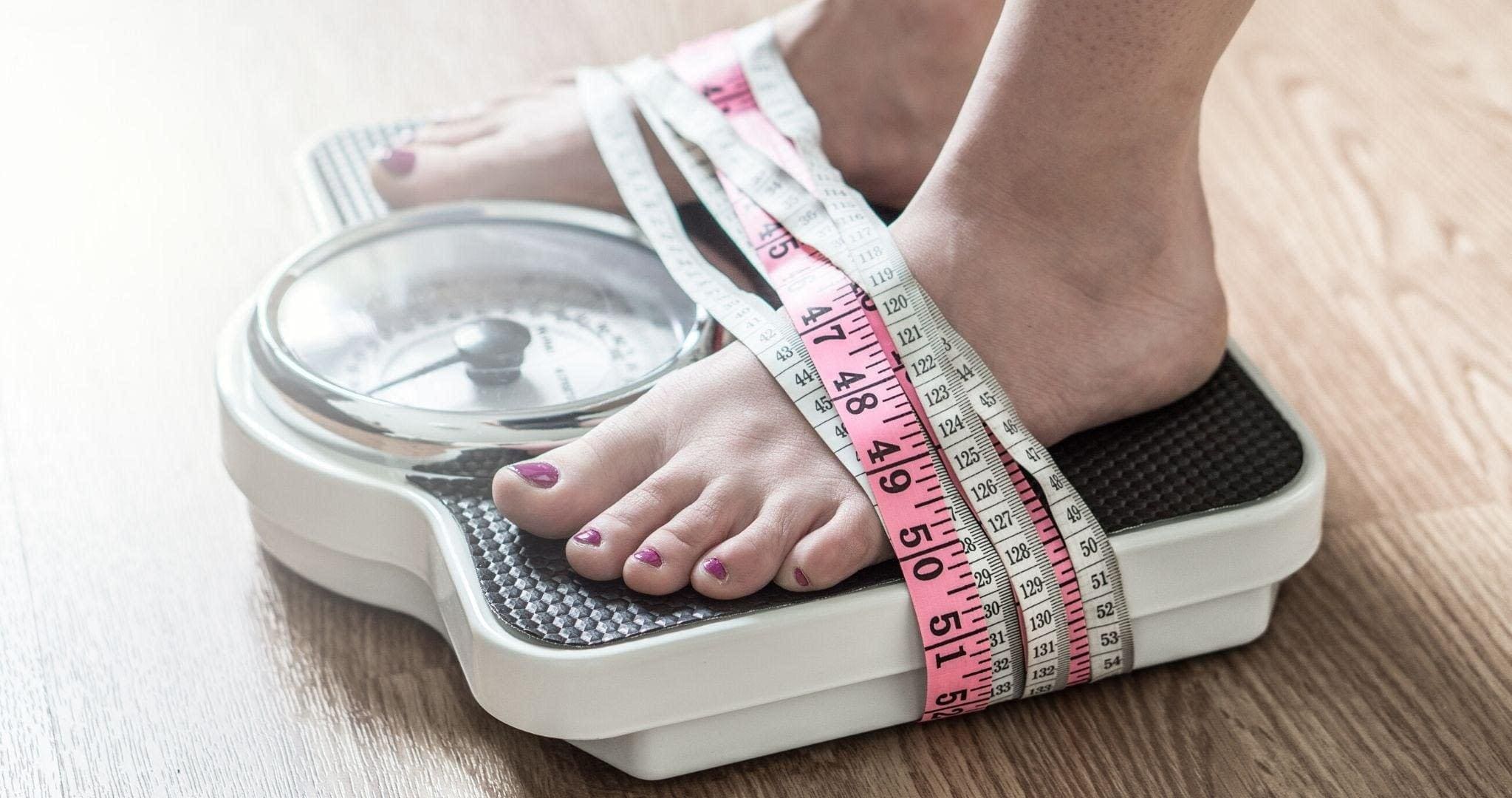Social distancing is the newest buzzword of our culture, and #FlattenTheCurve is our latest hashtag as we all stumble through this unprecedented reality of coronavirus, but I will be honest—it’s an inconvenient, anxiety-inducing time to have a complicated history with food and exercise.
Eating Disorder Recovery Strategies and Challenges
How can we prioritize eating disorder recovery in the midst of COVID-19? Social distancing is the newest buzzword of our culture, and #FlattenTheCurve is our latest hashtag as we all stumble through this unprecedented reality of coronavirus, but I will be honest—it’s an inconvenient, anxiety-inducing time to have a complicated history with food and exercise. But despite the shifts in my patient’s routine or the lack of control and normalcy, with my help, they are choosing to still prioritize their eating disorder recovery in the midst of this craziness.
I never imagined that a pandemic would cause turmoil across the globe in 2020—I doubt any of us did—but so much about the rhythms of life that we often take for granted feel uncertain and imbalanced right now. Many of my patients are feeling a sense of disconnection and isolation which is currently overshadowing their world and has their emotions on-edge.
Many of my patients have come too far in the healing process for any outside forces—even a global pandemic—to weaken their commitment. Here is how you can still prioritize your eating disorder recovery in the midst of COVID-19, and I encourage all of you in this unfamiliar territory to find our own unique coping mechanisms to help sustain your resolve.
4 Ways Patients Are Choosing to Prioritize Eating Disorder Recovery
- (Jackie P. 33 years old) I will listen and respond to the hunger cues in my body. The produce section at my local Trader Joe’s has been emptied of all the usual foods in my menu rotation—chickpeas, avocados, mangos, sweet potatoes, cauliflower, and Brussels sprouts. This leaves me with two options: to backslide into meal restriction or to be flexible, improvise, and honor my body with food that’s accessible. I choose the latter, so there is a takeout pizza in my refrigerator, and when hunger strikes, I will enjoy a slice (or three).
- (Eric F. 26 years old) I will build intentional movements into my daily routine. Spending more time indoors makes me restless for exercise, but I need to be mindful of the kind of activities I do—and why I’m doing them. For example, am I in the mood for a run because my muscles want to stretch, and my lungs crave the fresh air, or is it because I feel anxious and want to outpace the discomfort of this emotion? In that case, I will practice a gentler, lower-impact exercise such as yoga or a hike to reconnect my mind and body.
- (Savannah R. 41 years old) I will channel my nervous energy into bursts of creativity. I laugh at coronavirus memes on my Facebook newsfeed just as much as anyone else—I am a product of the Millennial generation, after all—but I can do without the mass panic which often escalates on social media. When the fear creeps in, that’s my cue to unplug from all devices and find a creative outlet to slow my thoughts and redirect my focus. This usually takes the form of drawing, journaling, cooking, writing poetry, or learning the ukulele.
- (Randi G. 19 years old) I will look for opportunities to invest in my relationships. COVID-19 has thrown a drastic curveball in how people interact with each other right now, but relationships are crucial for eating disorder recovery. How I communicate with my friends and family looks much different than it used to—at least for the time being—but even on the other side of the country, I can still maintain a connection. Technology is an excellent resource, but I also enjoy the personal touch of sending my loved ones’ handwritten notes.
How are you choosing to prioritize your own eating disorder recovery during COVID-19?
Remember, if the emotions tied to this current pandemic feel too overwhelming or unmanageable, you can reach out for support.






